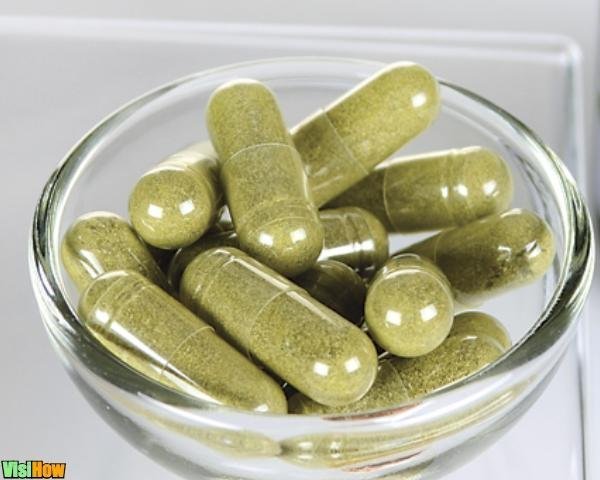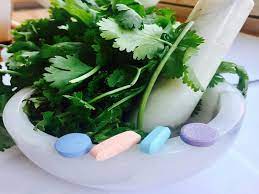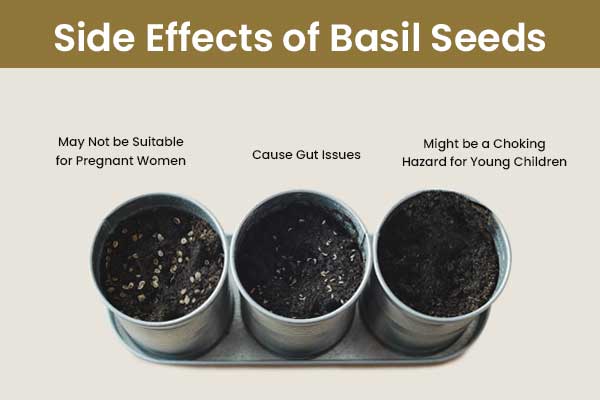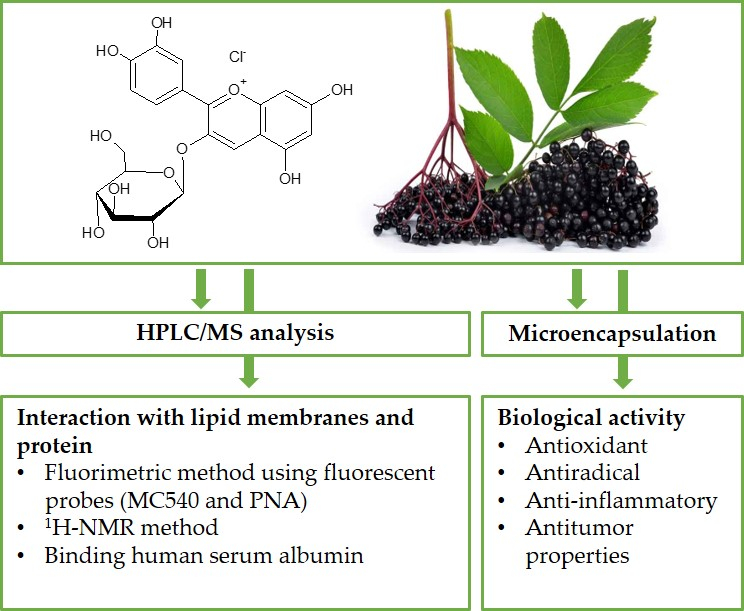Is Rosemary safe during pregnancy and breastfeeding?
Rosemary Supplement

Rosemary supplements are herbal medicines that are generally used to obtain several beneficial medical properties of Rosemary such as antioxidant, anticancer, antibacterial, etc. In addition to rosemary, there are several high potential healing composites that provide supportive or additional medical properties along with rosemary. These herbal supplements are available in different forms namely pill, soft capsules, oil, ointment, powdered, etc. It is advisable to consult a doctor before consuming such a supplement to avoid any kind of complication with the body’s health in future.
Rosemary Interactions with Drugs
Interaction refers to a potential risk that could develop inside the human body when two or more drugs, products, interact with one another. This could result in certain unwanted health conditions.

Rosemary is generally considered safe when taken in food amounts but might be harmful when consumed like supplements. If an individual is medicating with certain medical drugs to treat any condition, there might be a possibility of interaction between those drugs and parsley. This could cause complications in the condition that is to be treated or could result in new unwanted conditions.
Such interacting medical drugs include:
- Antiplatelet/Anticoagulant drugs– Intake of Rosemary along with drugs that resist blood clotting could increase the risk of bruising and bleeding. Drugs that decreases blood clotting includes clopidogrel (Plavix), enoxaparin (Lovenox), warfarin (Coumadin), aspirin, dalteparin (Fragmin), heparin, ticlopidineeee (Ticlid), and several others.
- Antidiabetic Drug– Antidiabetic medicines are used to lower the blood sugar level of the body. Rosemary might also lower the sugar level. Combination of both these medical agents could increase the risk of blood sugar level getting abnormally low which could cause complications. Such antidiabetic drugs include glimepiride (Amaryl), insulin, pioglitazone (Actos), chlorpropamide (Diabinese), tolbutamide (Orinase), glyburide (DiaBeta, Glynase PresTab, Micronase), metformin (Glucophage), rosiglitazone (Avandia), glipizide (Glucotrol), and several others.
- Aspirin– Rosemary consist of chemicals that are similar to aspirin. Combination of both the medicine inside the body could cause an increased risk of side effects and its symptoms.
- Salicylate– Salicylate is one of the chemicals found in rosemary. Combination of rosemary with salicylate could cause increased risk of side effects associated with salicylate.
- Choline Magnesium Trisalicylate– Choline Magnesium Trisalicylate is a kind of chemical that is very similar to a chemical present in rosemary. Consuming rosemary along with Choline Magnesium Trisalicylate could cause increased risk of side effects associated with Choline Magnesium Trisalicylate.
There are also some minor interactions of rosemary with several drugs such as Cytochrome P450 1A1 (CYP1A1) substrates, Cytochrome P450 1A2 (CYP1A2) substrates, etc. There could be several other medicines causing interaction with Rosemary in an unusual manner. It is recommended to consult a doctor or health professional to get complete information regarding rosemary and its safety with any other interacting drug.
Precautions and warnings before using Rosemary
Although being a natural herb that is used for a number of medical and food applications, there are certain medical conditions in a human body in which intake of Rosemary must be limited or avoided in order to prevent complications. Interference of this herb could result in worsening of certain medical conditions or might cause other unwanted conditions. Such medical conditions includes:
- Pregnancy– Consuming Rosemary during pregnancy is likely to be considered as unsafe when consumed at a medicine amount during pregnancy. It might cause irreversible conditions such as miscarriage. abortion. There is not much information about the safety of rosemary when used as a skin ointment. Therefore, a pregnant woman must avoid consuming rosemary in such a condition.
- Breastfeeding- There is not enough scientific evidence regarding the safety of a breastfeeding woman or nursing child when Rosemary is consumed. Therefore, it is advisable to consult a doctor before consuming rosemary during breastfeeding or keep it in food amounts.
- Bleeding disorder– Parsley has potency to decrease the formation of blood clotting. Its consumption during bleeding conditions could result in excess or abnormal bleeding than usual resulting in complications.
- Allergy– Rosemary consists of a chemical that is identical to aspirin. Intake of rosemary might cause allergic reactions in people who are allergic to aspirin.
- Seizures– People dealing with seizures must avoid consuming rosemary as it may cause worsening of this disorder.
Side effects of using Rosemary
Interaction of rosemary with several medical drugs and no precautionary actions against several medical conditions might cause certain unusual or allergic side effects and condition in a human body that includes:
- skin redness
- sun sensitivity
- vomiting
- easy bleeding/bruising
- low blood sugar level
- miscarriage
- stomach and intestine irritation
- kidney damage
- pulmonary edema
- seizures
An individual must make sure to consume rosemary with proper precaution and avoid interaction in order to prevent side effects. However if side effects are observed, it is advisable to contact a doctor or get immediate medical attention if necessary.
OVERVIEW
- The dosing of rosemary is not specified and must be discussed with the doctor if taking as a medicine amount such as supplements.
- Rosemary is expected to interact with several medicines of drug categories causing more harmful effects to the body.
- Individuals dealing with certain medical conditions must discuss with a doctor before consuming rosemary as it may cause worsening of conditions or could develop new unwanted conditions.
- Drug interactions and medical conditions might cause several side effects and allergic reactions in the body which must be informed to the doctor if they persist or get worse.
REFERENCES:
- https://www.medicalnewstoday.com/articles/266370
- https://www.webmd.com/vitamins/ai/ingredientmono-154/rosemary
- https://www.britannica.com/plant/rosemary
- https://www.healthline.com/nutrition/rosemary-oil-benefits#TOC_TITLE_HDR_10
- https://www.rxlist.com/consumer_rosemary/drugs-condition.htm
- https://escop.com/interactions/
For more details, kindly visit below.










